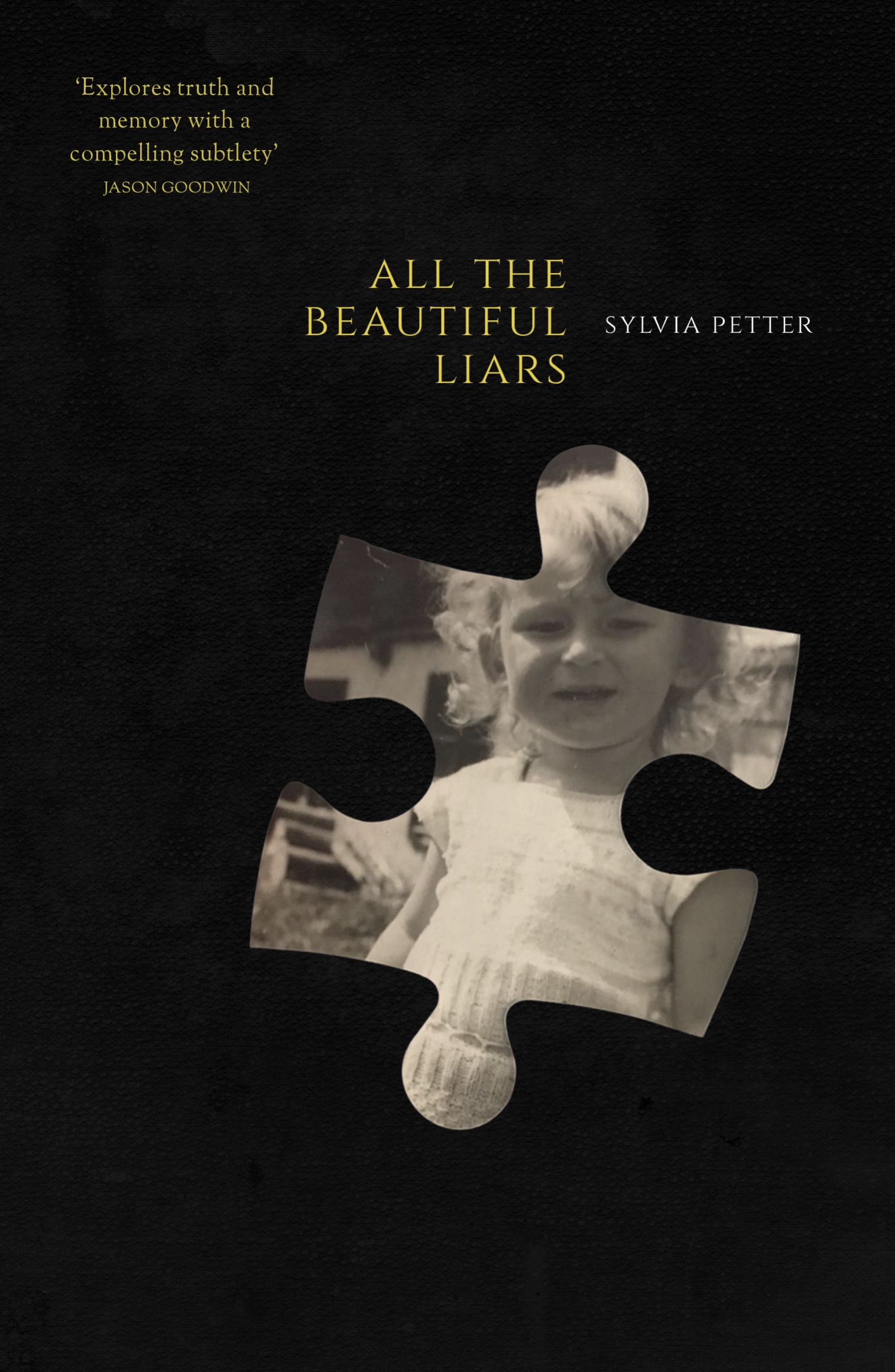Recently I was sharing thoughts with a young doctoral student on the importance of narratives and narration. To know what real people did when and where, and how it affected them and what they did and how their deeds affected others is, to my mind, something that may be better documented in fiction, especially these days of being able to recognise, through technology, let´s call them by name, words that in fact are nothing but lies.
Memoir writing has never been more popular. Readers want to know the “real” story. Yet memories often when not one´s own, and even then, are forgotten; there is no story. There is no beginning, middle and end. What survives are fairy tales, legends, stories, songs, drawings, paintings, the stuff of human expression in a form that can be passed on.
When I resigned from ITU in 2005, I sent an email around to say goodbye. I spoke not of the almost 30 years in an organisation whose officials had cheated me out of several years in the pension fund as they had so many others having walked in from the street. The organisation had its rules, but human beings, some perhaps less human than others, or more in need of covering their backs, interpreted those rules. In any country, except perhaps the US, not being allowed to pay in to a pension fund would be considered as discrimination, but the UN and its agencies, hiring la crème de la crème, has always been a law unto itself to which the late Shirley Hazzard´s collection of stories, People in Glass Houses attests. Indeed, perceptive UN Secretary-General Kofi Annan recommended Hazzard´s book to his New York staff, something no doubt she may have found amusing. She also wrote two non-fiction books on the UN, but non-fiction seems to escape my memory due perhaps to the lack of story. Or perhaps, as Nadine Gordimer said: “The facts are always less than what really happened.”
In my email I chose to offer just a few words about the future. In response, I received several nice messages wishing me well, congratulating me on having made the first move. But I also received a scolding message on my lack of protocol for not having celebrated in style. But then, I was never one with a penchant for protocol. What many knew, but the protocol people, bar one not in the race to the top, were perhaps unaware of was that I had a trove of fond memories of the organisation, and could look back on many incidents with great satisfaction working with and for individuals I greatly appreciated and respected, many of whom have now sadly passed away. Their calibre though from what I have seen has not been equalled, but that may just be a sign of the times of this not so brave new world.
I had pushed those almost 30 years to the back of my mind, but stuff kept seeping through in the form not only of indignation about what the organisation may have become due to the behaviour of some of its officials, but also in the form of optimism about how far it has indeed managed to come since its beginnings and how its just over 150 years must have stories to tell: stories about love, death, ambition, success, betrayal, loyalty and hope – the stuff of blockbusters and sitcoms, if you like, the human condition playing itself out in a microcosm reflecting the macrocosm.
I have recently returned to explore a wonderful resource, a new and vibrant history portal to jumpstart my stories about an organisation much older than the UN, one that may just miss the guillotine of the cuts of the incoming US Administration, one where engineers would still be speaking the same language if only politicians and analysts, consultants, lobbyists and yes, corrupt crooks, had keep out of the way. Yes, I think I might still be able to believe in an ITU that had not sold out its soul.
To those who mentored me, explained to me, formed me and let me fly, or as delegates who were just plain nice guys – there were few women – I think I owe G.U.T. to them, despite others appearing in my satiro-fantasy of the same name, as my way of saying Merci, Danke, Gracias, yes, and Thank You. You know who you are, and those no longer around already knew.
G.U.T., a work in progress, has sent me back to check out Frank Moorhouse´s novel, Grand Days, first part of a trilogy about an Australian woman working at the League of Nations. Also interesting from the ITU history portal, will be to perhaps find out how the organisation reacted in the years leading up to WW1 and WW2. But that will be for another story.
I might add that I do hope that there are hard copies of all the historical documents. Online is not all. This is something that online people don´t want to know or to face, but there is growing interest in going offline, reading real books, having real human interaction, lest we forget. And there is room and a need for both, so let´s honour a certain balance.
And with a grin, I leave you with onwards!




Nice post.